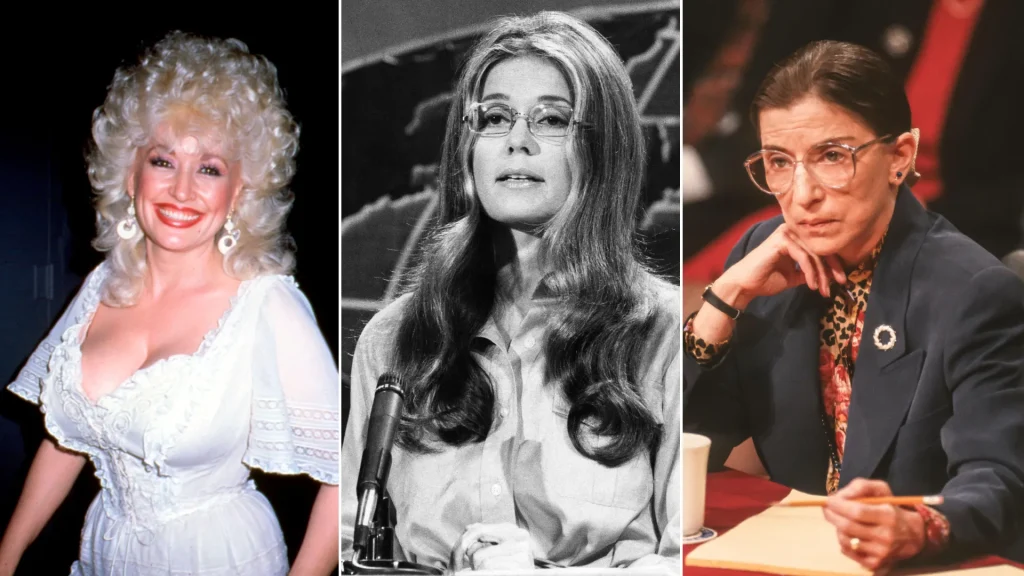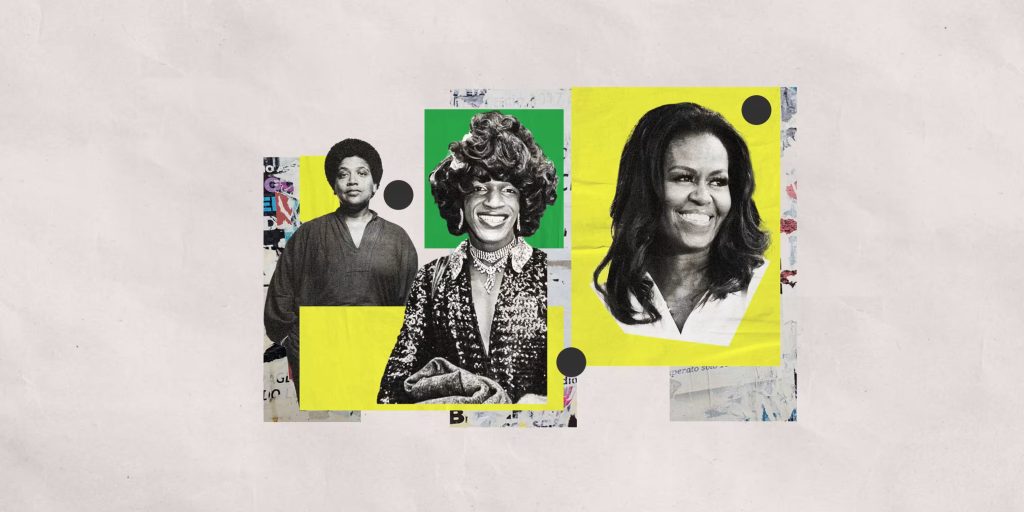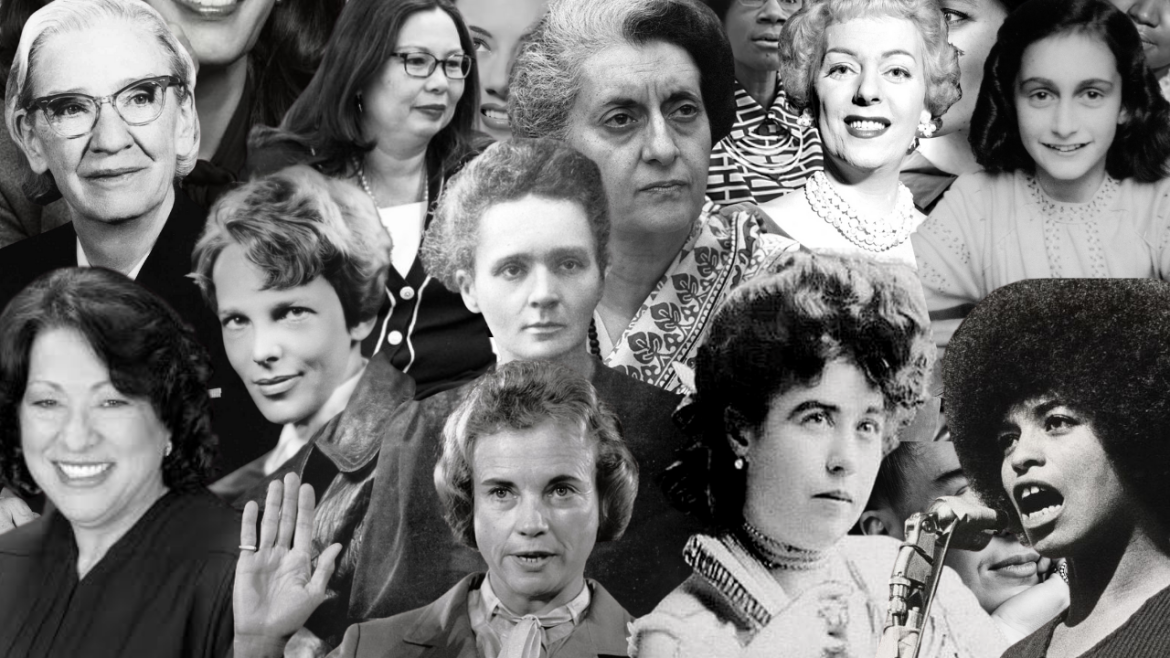Women have played crucial roles throughout history, contributing significantly to various fields including politics, science, arts, and social movements. Despite facing numerous challenges and barriers, their achievements have shaped the course of history and continue to inspire future generations. This article highlights the contributions of notable women in history and explores their impact on society.

Pioneering Women in Politics
- Cleopatra VII (69–30 BCE):
- Role: Cleopatra VII was the last active ruler of the Ptolemaic Kingdom of Egypt. Her reign is notable for her political acumen and strategic alliances with Roman leaders such as Julius Caesar and Mark Antony.
- Impact: Cleopatra’s leadership and diplomatic skills were significant in maintaining Egypt’s independence and influence during a time of political upheaval.
- Elizabeth I (1533–1603):
- Role: Queen Elizabeth I of England, also known as the Virgin Queen, led England during a period of great cultural and political change, known as the Elizabethan Era.
- Impact: Elizabeth’s reign saw the flourishing of English drama, including the works of William Shakespeare, and the defeat of the Spanish Armada, solidifying England’s position as a major world power.
- Sirimavo Bandaranaike (1916–2000):
- Role: Sirimavo Bandaranaike was the first female prime minister in the world, serving as the Prime Minister of Ceylon (now Sri Lanka) three times between 1960 and 2000.
- Impact: Her leadership in post-colonial Sri Lanka was instrumental in advancing social and economic reforms and promoting women’s rights.
Influential Women in Science
- Marie Curie (1867–1934):
- Role: Marie Curie was a pioneering physicist and chemist known for her research on radioactivity. She was the first woman to win a Nobel Prize and remains the only person to win Nobel Prizes in two different scientific fields (Physics and Chemistry).
- Impact: Curie’s discoveries laid the groundwork for advances in medical treatments and nuclear science.
- Rosalind Franklin (1920–1958):
- Role: Rosalind Franklin was a chemist and X-ray crystallographer whose work was crucial in the discovery of the DNA double helix structure.
- Impact: Franklin’s research provided essential evidence for the understanding of DNA’s structure, significantly advancing the field of genetics.
- Ada Lovelace (1815–1852):
- Role: Ada Lovelace is considered one of the world’s first computer programmers. She wrote algorithms for Charles Babbage’s early mechanical general-purpose computer, the Analytical Engine.
- Impact: Lovelace’s work anticipated the future of computing and laid the foundation for modern computer science.

Trailblazers in Social Justice
- Rosa Parks (1913–2005):
- Role: Rosa Parks was an American civil rights activist whose refusal to give up her seat on a segregated bus became a symbol of the struggle for racial equality.
- Impact: Parks’ act of defiance sparked the Montgomery Bus Boycott, a pivotal event in the American civil rights movement that led to the end of racial segregation in public transport.
- Malala Yousafzai (1997–):
- Role: Malala Yousafzai is a Pakistani activist for female education and the youngest-ever Nobel Prize laureate.
- Impact: Her advocacy for girls’ education in the face of extreme adversity has brought global attention to the importance of educational rights for women and girls.
- Sojourner Truth (1797–1883):
- Role: Sojourner Truth was an African American abolitionist and women’s rights activist known for her powerful speeches advocating for the end of slavery and gender equality.
- Impact: Truth’s work helped pave the way for future civil rights and women’s rights movements in the United States.
Women in Arts and Literature
- Jane Austen (1775–1817):
- Role: Jane Austen was an English novelist known for her keen observations on social class and gender through works such as “Pride and Prejudice” and “Sense and Sensibility.”
- Impact: Austen’s novels continue to be celebrated for their wit, social commentary, and exploration of women’s roles in society.
- Frida Kahlo (1907–1954):
- Role: Frida Kahlo was a Mexican painter known for her deeply personal and symbolic self-portraits that explore themes of identity, postcolonialism, and gender.
- Impact: Kahlo’s art has become iconic for its emotional intensity and its contributions to the representation of women’s experiences and perspectives in art.
- Maya Angelou (1928–2014):
- Role: Maya Angelou was an American poet, memoirist, and civil rights activist. Her acclaimed autobiography, “I Know Why the Caged Bird Sings,” details her experiences of racial discrimination and personal struggle.
- Impact: Angelou’s literary work and activism have made significant contributions to American literature and the ongoing conversation about race and identity.

Conclusion
The contributions of women throughout history have had a profound and lasting impact on society. From leaders and innovators to activists and artists, their achievements continue to shape the world in meaningful ways. Celebrating these remarkable women not only honors their legacies but also inspires future generations to pursue their own paths and contribute to the ongoing journey toward equality and progress.


